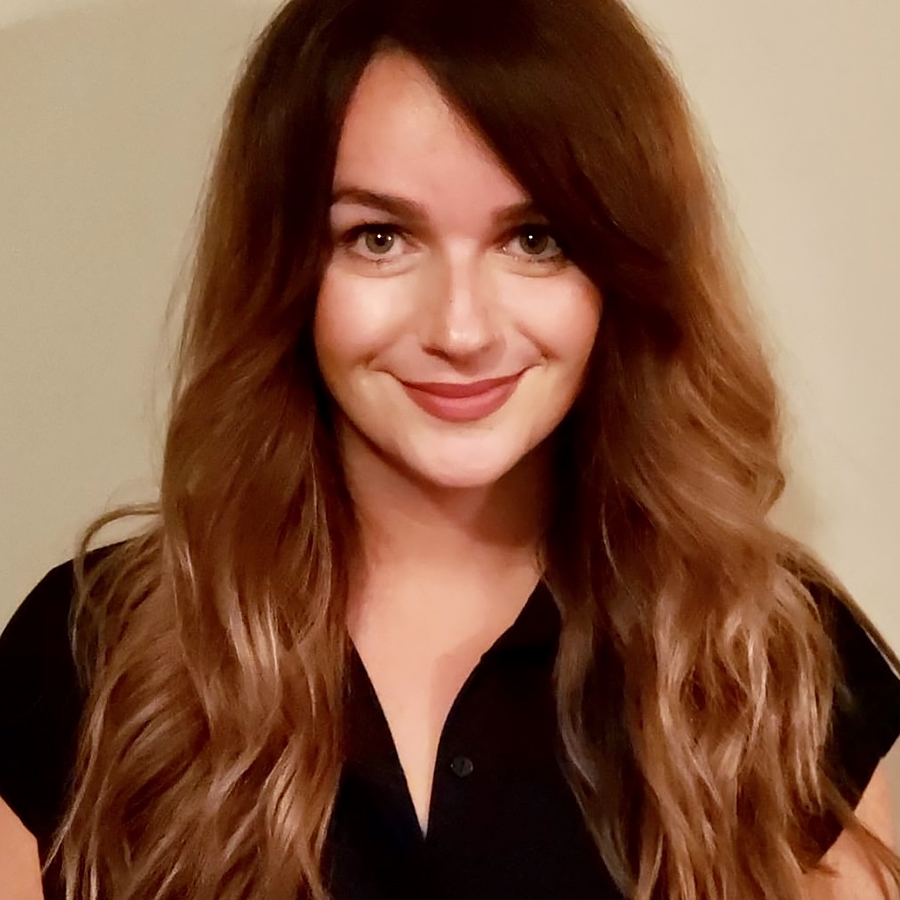Why I'm working to improve healthcare equity
oct 17, 2018
In this post, Tamara reflects on the barriers her family faced in navigating cancer care for her sister - and how it motivates her work with CCO’s Person-Centred Care team.

Person-Centred Care Team.
When my sister, Dijana, came home one weekend in 2004 complaining of numbness in her arm, we never imagined our world would turn upside down. Just 22 years old, she seemed healthy and ready to embark on the rest of her life.
A few weeks after she mentioned her arm numbness, Dijana was admitted to St. Michael’s Hospital for an emergency brain surgery. The biopsy had come back showing a large tumour, and the diagnosis was grade 4 glioblastoma.
The statistics didn’t look great, with an average survival time of 12 months and only 25 per cent of patients surviving more than one year. The worst case scenario became our reality.
Dijana was eight years older than me. She was more than my big sister; she was my guardian. We immigrated to Canada from Serbia when she was 14 and I was six.
While our mom worked long hours to establish a life for us, my sister helped to ensure I had the same opportunities as every other child my age. I have many fond memories of going to movies and parks together, as well as enjoying the perks of “borrowing” her clothes and make-up.
She was a wonderful big sister, someone I was very lucky to know and have in my life.
The need for support services
My sister had a lot of difficulty through her surgery and chemotherapy. With frequent seizures, a single parent working full-time and a sister in school, she had no one at home to help her.
Because of the cultural and language gaps, my family – especially my mother – had a hard time navigating and trusting the system here. There were no psychosocial oncology or any other support services offered.
My family decided that Dijana would benefit from visiting my grandmother in Serbia for a few months, which turned into a few years. In the end, she never returned to Canada. She received the remainder of her treatments in Europe, under the care of a brilliant surgeon and team.
My sister was determined and strong. She fought her tumour with vigour and a desire to live, which pushed her through four years of surgeries, chemotherapy, radiation and a lot of complications.
She died 10 days after her 27th birthday.
Working to improve equity in care
Trying to navigate teenage life throughout Dijana’s illness and death took a deep toll on me. After many years of reflection, I realize that the experience has had a lasting impact on who I am and what is most important to me now.
As a specialist with CCO’s Person-Centred Care team, I am proud to be part of the work our organization is doing to improve equity in care.
Our program is building relationships with organizations that serve under/never-representative populations, such as First Nations, Inuit, Métis and urban Indigenous groups, newcomers and LGBTQ+.
It is so important to ensure that people who experience the health system differently, or who have difficulty accessing it at all, have an opportunity to have their voices heard. Their experiences and insights help CCO build a healthcare system that addresses the needs of all Ontarians.
I look forward to exploring new, inclusive and innovative ways to include the diverse voices of patients and their families in all of our work at CCO.
Question about this blog post? Email us at publicaffairs@cancercare.on.ca
